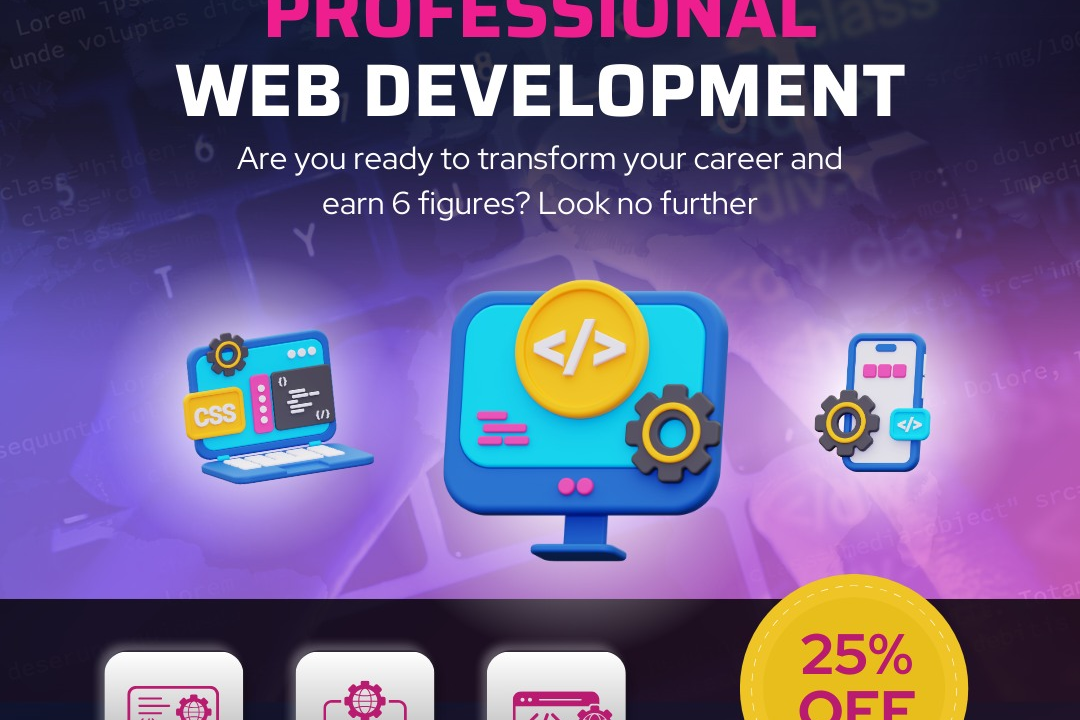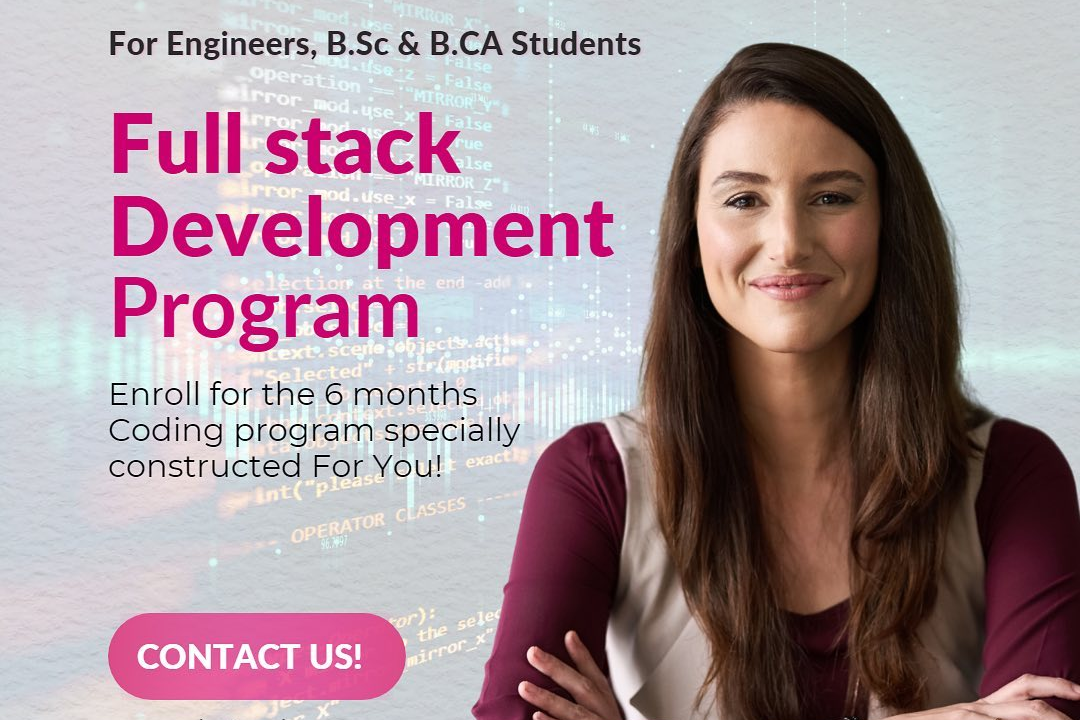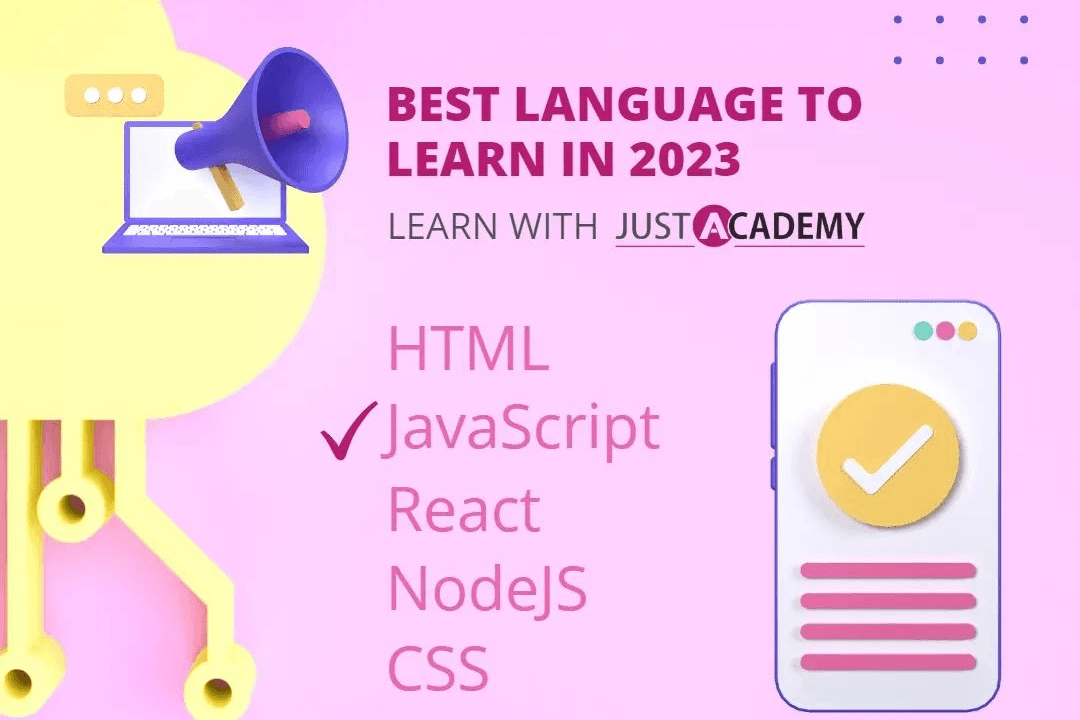React Js Native Interview Questions
React Native Interview Questions for Developers
React Js Native Interview Questions
React Native interview questions assess candidates' understanding of React Native's fundamental concepts, such as declarative programming, component architecture, and cross-platform development. They also evaluate candidates' proficiency in using React Native's APIs for building rich and interactive mobile applications. By asking questions about React Native's strengths, limitations, and best practices, interviewers can gauge candidates' technical ability and problem-solving skills.
To Download Our Brochure: https://www.justacademy.co/download-brochure-for-free
Message us for more information: +91 9987184296
1 - What's the difference between React Native and React?
React Native is a mobile app development framework that uses React and runs on native platforms like iOS and Android, while React is a web development framework.
2) How do you manage state in React Native?
React Native uses a state management library like Redux or MobX to manage state.
3) What's the difference between props and state?
Props are passed down from parent components to child components, while state is local to a component and can be modified by the component itself.
4) How do you handle navigation in React Native?
React Native uses a navigation library like React Navigation to handle navigation between screens.
5) What's the purpose of the `componentWillMount` and `componentDidMount` lifecycle methods?
`componentWillMount` is called just before the component is mounted, while `componentDidMount` is called after the component is mounted and the DOM has been updated.
6) How do you handle asynchronous operations in React Native?
Async operations are handled using promises or asynchronous functions (async/await).
7) What's the difference between a stateful and a stateless component?
Stateful components maintain their own state, while stateless components do not.
8) How do you handle data fetching in React Native?
Data fetching is typically done using the `fetch` API or a third party library like Axios.
9) What are the benefits of using React Native?
Benefits include code reusability, efficient performance, and a rich ecosystem of libraries and components.
10) What are the challenges of using React Native?
Challenges include limited native API access, different platform specific implementations, and potential performance limitations.
11 - How do you debug React Native apps?
Apps can be debugged using the React Native Debugger, remote debugging tools, or console logging.
12) What are some best practices for React Native development?
Best practices include using a linter, unit testing, and code optimization techniques.
13) What are the future trends in React Native development?
Future trends include increased adoption of declarative UI, improved performance, and integration with emerging technologies like AR/VR.
14) Can you describe the architecture of a React Native app?
It typically consists of a native layer (Objective C/Java) responsible for interacting with the device and a JavaScript layer (React Native) responsible for the UI and logic.
15) How do you handle user input in React Native?
User input is handled using event handlers (e.g., `onPress`, `onChange`) on components.
- Answer questions thoroughly and accurately. The more detailed and informative your answers are, the more points you'll earn.
- Be the first to answer a question.* You'll get a bonus for being the first person to answer a question correctly.
- Answer questions in popular categories.* Questions in popular categories are worth more points than questions in less popular categories.
- Earn badges and achievements.* You can earn badges and achievements for completing certain tasks, such as answering a certain number of questions or earning a certain number of points. These badges and achievements can give you a boost in points.
- Use power ups.* Power ups can give you a temporary boost in points, such as doubling your points for a certain amount of time.
- Join a team.* You can join a team with other users to earn points together. Teams can compete against each other for prizes, such as extra points or badges.
- Promote your answers.* You can promote your answers on social media or other websites to get more people to view them. The more people who view your answers, the more points you'll earn.
- Be patient.* It takes time to build up a lot of points. Don't get discouraged if you don't earn a lot of points right away. Just keep answering questions and participating in the community, and you'll eventually start to rack up the points.
- Course Overview
- This course prepares you for React Native job interviews by focusing on frequently asked questions and providing comprehensive answers. It covers essential concepts, design patterns, performance optimization techniques, and best practices specific to React Native development. The course aims to enhance your understanding of key aspects, strengthen your problem-solving abilities, and boost your confidence in tackling interview challenges.
- Course Description
- This course prepares you for technical interviews. It covers fundamental React Native concepts, mobile development, performance optimization, error handling, debugging, and more. You'll learn how to answer common interview questions confidently and effectively, including questions on architecture, state management, navigation, and testing.
- Key Features
- 1 - Comprehensive Tool Coverage: Provides hands-on training with a range of industry-standard testing tools, including Selenium, JIRA, LoadRunner, and TestRail.
- 2) Practical Exercises: Features real-world exercises and case studies to apply tools in various testing scenarios.
- 3) Interactive Learning: Includes interactive sessions with industry experts for personalized feedback and guidance.
- 4) Detailed Tutorials: Offers extensive tutorials and documentation on tool functionalities and best practices.
- 5) Advanced Techniques: Covers both fundamental and advanced techniques for using testing tools effectively.
- 6) Data Visualization: Integrates tools for visualizing test metrics and results, enhancing data interpretation and decision-making.
- 7) Tool Integration: Teaches how to integrate testing tools into the software development lifecycle for streamlined workflows.
- 8) Project-Based Learning: Focuses on project-based learning to build practical skills and create a portfolio of completed tasks.
- 9) Career Support: Provides resources and support for applying learned skills to real-world job scenarios, including resume building and interview preparation.
- 10) Up-to-Date Content: Ensures that course materials reflect the latest industry standards and tool updates.
Benefits of taking our course
Functional Tools
1 - React Native: An open source framework for building native mobile applications using JavaScript. It allows developers to create cross platform apps that run on both iOS and Android devices.
2) Expo: A toolchain that simplifies the development process for React Native apps. It provides a set of tools and services that help developers build and deploy apps more easily.
3) Redux: A state management library for JavaScript applications. It helps developers manage the state of their applications in a predictable and consistent way.
4) Axios: A promise based HTTP client for JavaScript. It allows developers to make HTTP requests in a simple and convenient way.
5) Enzyme: A testing utility library for React applications. It helps developers write tests for their React components in a declarative and easy to read way.
6) Jest: A testing framework for JavaScript applications. It provides a wide range of features and plugins for testing React Native apps.
- Play more games: The more games you play, the more points you'll earn.
- Win games:* Winning games earns you more points than losing games.
- Complete challenges:* Challenges are special tasks that you can complete to earn bonus points.
- Join a team:* Teaming up with other players can help you earn more points, as you can work together to complete challenges and win games.
- Refer friends:* If you refer friends to the game, you'll earn bonus points when they sign up and start playing.
- Use power ups:* Power ups can give you an advantage in games, which can help you win more points.
- Upgrade your account:* Upgrading your account can give you access to exclusive features and benefits, which can help you earn more points.
- Be patient:* Earning points takes time and effort. Don't get discouraged if you don't see results immediately. Just keep playing and you'll eventually reach your goals.
Browse our course links : https://www.justacademy.co/all-courses
To Join our FREE DEMO Session:
This information is sourced from JustAcademy
Contact Info:
Roshan Chaturvedi
Message us on Whatsapp:
Email id: info@justacademy.co












